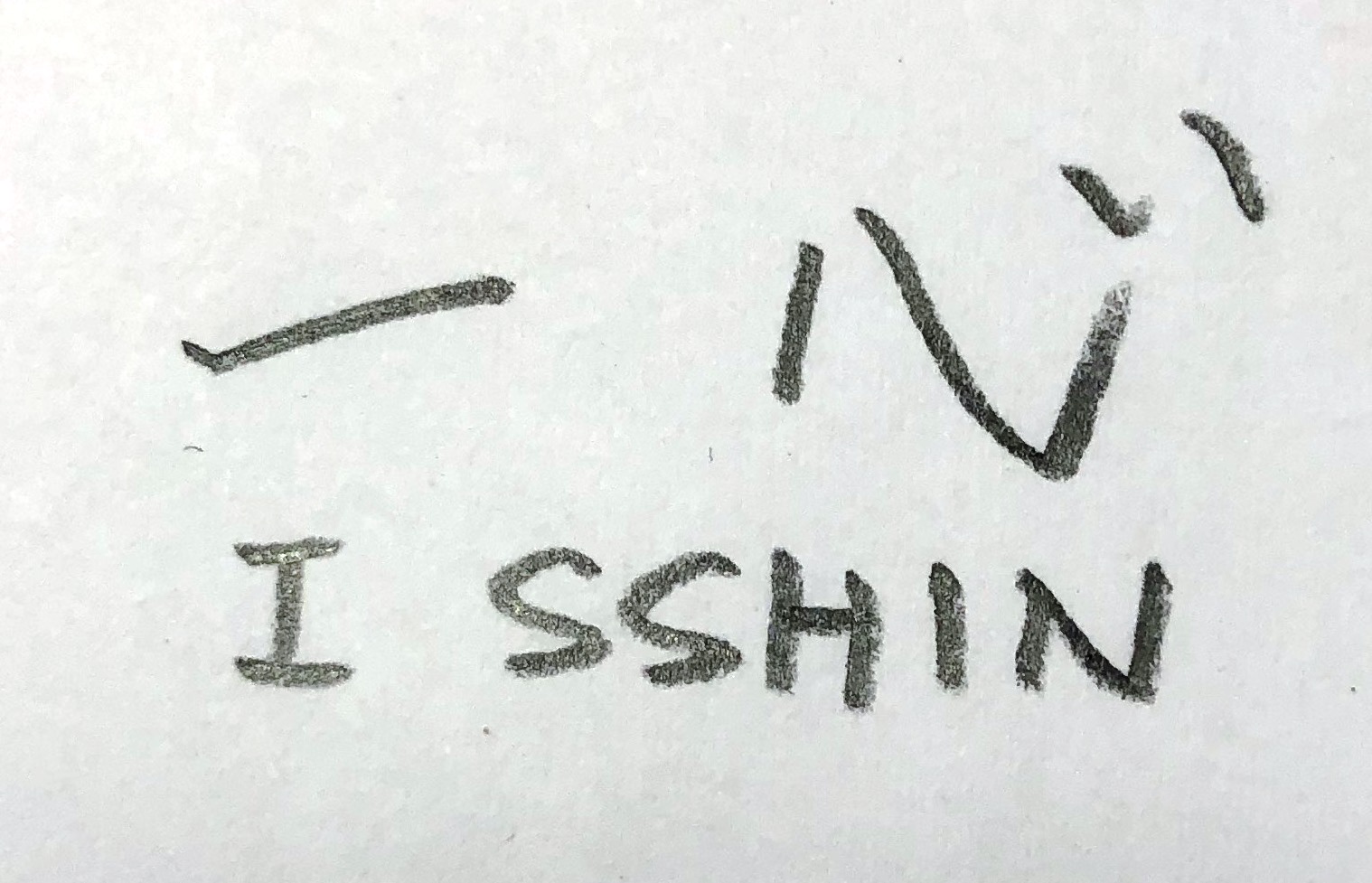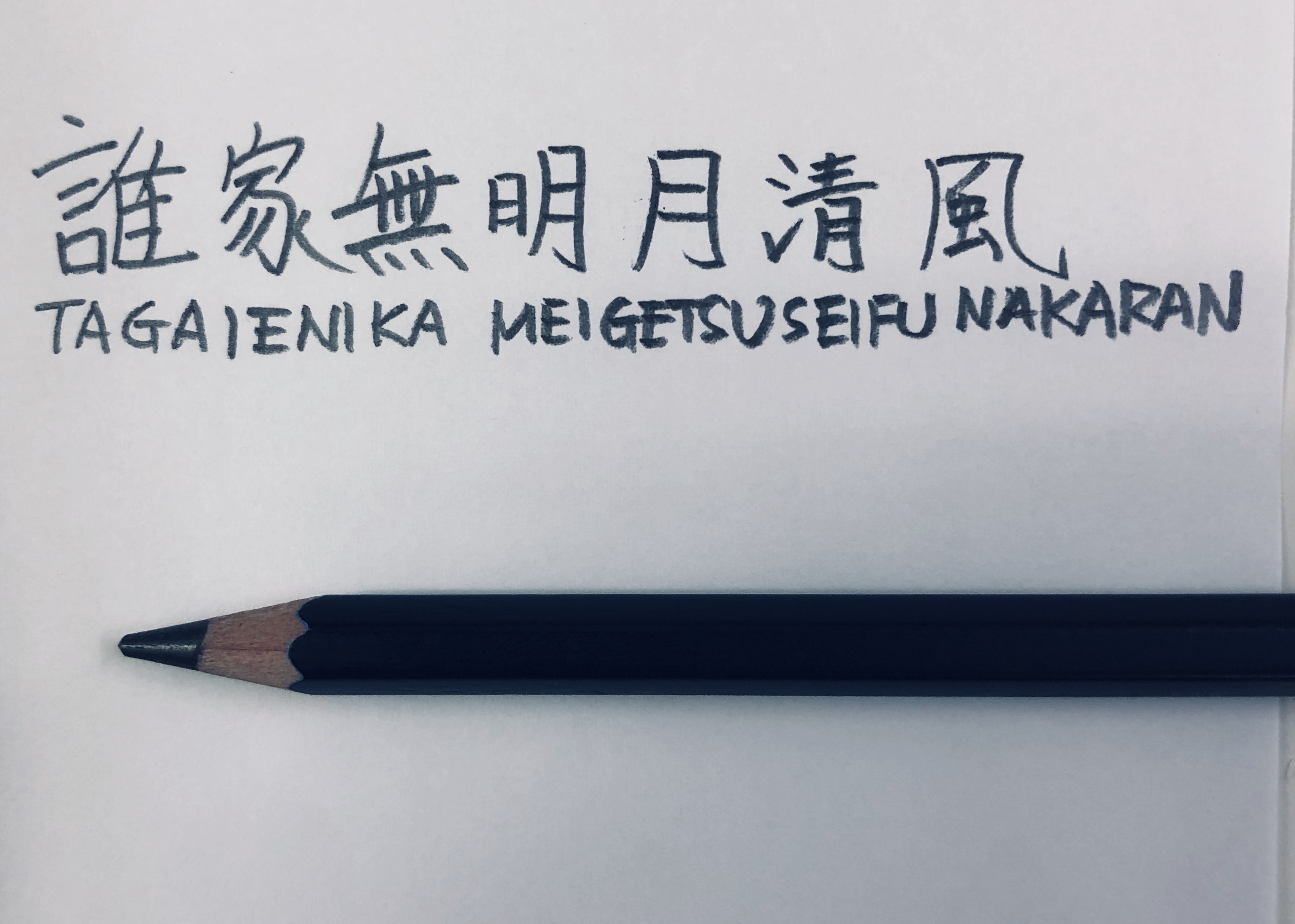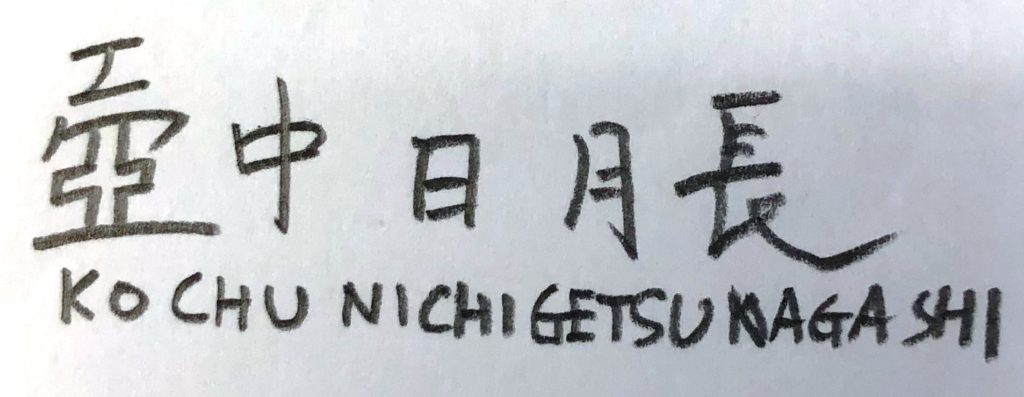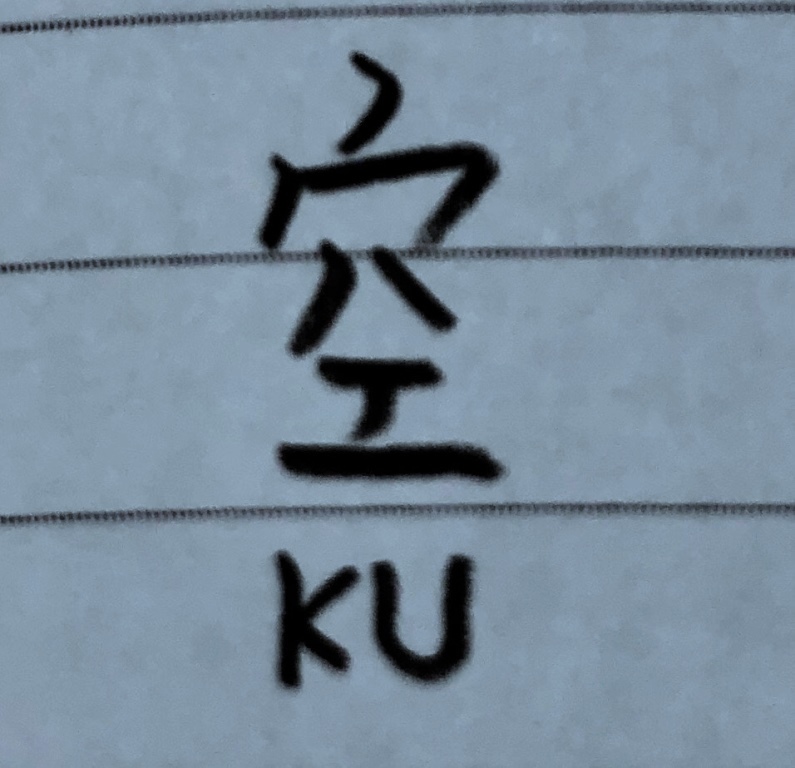
Hello. I am Katsuya Yasuda from Pearl Co., Ltd. I will introduce a new Zen proverb. It is “Take ni joge no setsu ari.”
“Take” means bamboo. Bamboo has knots.
This proverb means that there are ups and downs in human relationships.
Are humans not equal?
We should know there are differences in each person.
We should admire these differences.
But we shouldn’t use them as a tool of discrimination.









